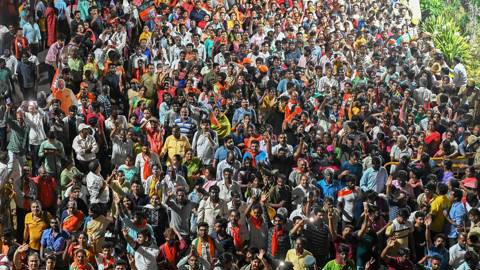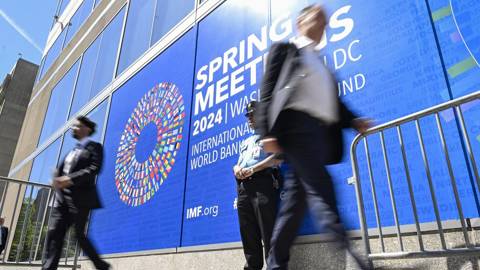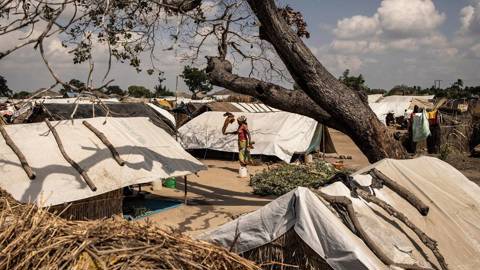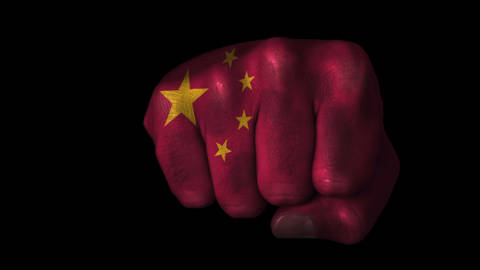Maciej Kisilowski
Maciej Kisilowski is Associate Professor of Law and Strategy at Central European University in Vienna.
-
How Poland Won Back Its Democracy
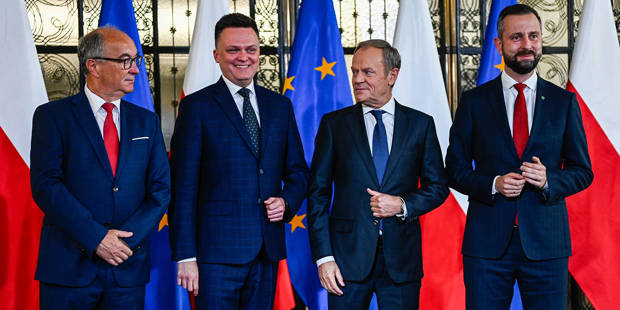
How Poland Won Back Its Democracy
Nov 6, 2023 Maciej Kisilowski highlights five critical factors that propelled the country’s anti-populist opposition to victory.
-
Poland’s Ruling Party Lost, but Will It Leave?
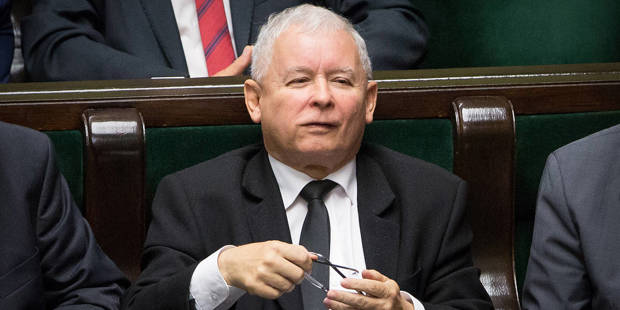
Poland’s Ruling Party Lost, but Will It Leave?
Oct 16, 2023 Maciej Kisilowski worries that the populist Law and Justice party will abuse its power to subvert the election result.
-
Can National Reconciliation Defeat Populism?
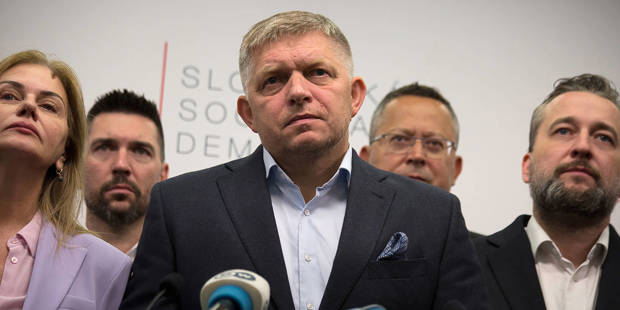
Can National Reconciliation Defeat Populism?
Oct 2, 2023 Maciej Kisilowski & Anna Wojciuk reflect on the outcome of Slovakia's general election in the run-up to Poland's decisive vote.
-
The Authoritarian Hangover

The Authoritarian Hangover
May 9, 2023 Maciej Kisilowski & Anna Wojciuk consider the dilemma that confronts democratic forces after they topple populist leaders.
-
Does the West Need Autocrats to Fight Putin?
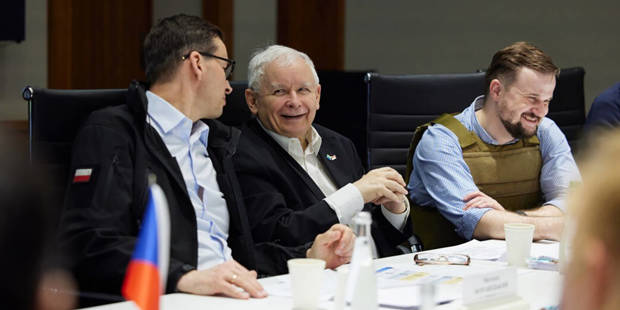
Does the West Need Autocrats to Fight Putin?
Mar 23, 2022 Maciej Kisilowski thinks the sudden reliance on authoritarian regimes in Poland and elsewhere is both ill-advised and unnecessary.

